
When I explain to people that I work in the field of mental health nutrition I am often met with shock, confusion and skepticism. I will hear “yeah but does what we eat really effect our mental health?”… the answer is YES! In fact, anything that we put in or on our bodies has an impact on our physiological and mental state. Almost anyone will tell you that they feel better when they nourish their body with vegetables and whole foods verses coming back from a vacation where many of us deviate from our typical lifestyle and eating habits.
Have you ever heard someone say “ I need a vacation from my vacation”? Generally that statement is coming from a place of depletion after not getting adequate nutrition and usually, not getting enough sleep. While eating outside of what nourishes us will have a negative impact on our minds as well as our bodies, historically, what we have eaten has not been incorporated into our wellness protocols and has been overlooked as a contributing factor to our mental states. One then may counter “well eating a large, processed, meal and feeling sluggish is temporary” – but, what if it becomes a cycle that happens daily?
Last week, I woke up at 6:30 Am to find my son (age 6) experiencing chest pain and shortness of breath. He was curled up in a ball on our bedroom floor, I admit I woke up and panicked – I was not expecting this (and it was the one day that I could not take off of work). At first I thought perhaps it was an allergic reaction and I prompted him to show me his tongue, which he struggled to do. He continued to complain that he had ‘heartburn’ and chest pain and repeatedly stated that he couldn’t breathe. I then thought about the last couple of days: he had been visiting with his grandparents who have an incredibly poor diet, when I had picked him up the night before he was finishing off a piece of Oreo cake for dinner (seriously). I asked him when the last time he had gone to the bathroom was, he replied that he thought it was Saturday (It was now Wednesday morning) and it occurred to me that his entire digestion along with his routine had been off for 5 days and that it was now culminating to an anxiety attack! I contacted the doctor as soon as the doctor’s office opened and relayed all of the information to her; she agreed that this was most likely an anxiety attack. After monitoring him for another 30 minutes with no decrease in dysregulation, I opted to have the doctor see him. Upon medical assessment she discovered that he was constipated and had an ear infection, these physical ailments had lead to a mental health event.
Many studies have emphasized the correlation between obesity and depression but this poses a new question for those in the clinical field: if we know that obesity is linked to depression and we know that obesity is correlated with processed food consumption then it poses the inferential question; how does eating less processed foods and curbing obesity relate to the prevention of depression?
O’Neil, Et. Al, (2014) outline that the impact of diet on development of depressive disorders has been are area of increased interest and study for the passed decade. Previous meta-analytical studies have confirmed the inverse relationship between depression and healthy diets reporting that individuals whom consume a poor, western, processed, diet are at a greater risk for developing depression and anxiety. While the authors do note that stress can lead to unhealthy eating, they surmise that the opposite is more likely responsible for negative mental health symptoms. This is a systemic review examined a compiling of 12 epidemiological studies concerning the relationship between diet quality and patterns of mental health in children and adolescents. Additionally, Dr. Leslie Korn, a pioneer in the field of mental health nutrition and Author of The Good Mood Kitchen (2017), argues that there are anxiolytic foods as well as depressive foods. She conveys that many of the compounds found in whole food sources can be natural aids in combating mental health ailments such as anxiety, depression and panic disorder. For example: have you ever heard of 5-HTP (drugstore supplement section) for mood Support? 5-HTP is a synthetic form of tryptophan, tryptophan can be found in spinach, eggs, seeds, nuts and poultry. Tryptophan is significant because it aids in synthesizing serotonin production and regulates sleep. Serotonin is known as the ‘good mood hormone’ and is what is regulated when someone is taking a selective serotonin reuptake inhibitor (SSRI) for depression. She also highlight’s the importance of “gut-brain connection” by promoting gut healing foods like fermented foods such as nato, miso, kimchi and even a homemade coleslaw! The vast majority of serotonin production is in the gut.
So, next time you are feeling a little down, reach for that spinach with a little miso instead of a cookie and you will be really eating “good mood food”.
Julia Morlino MS, INHC
Mental Health Food
Mood Food Events
Sources
Korn PhD, L. (2017) The Good Mood Kitchen: Simple Recipes and Nutrition Tips for Emotional Balance. W. W. Norton & Company; 1st edition (September 12, 2017)
O’Neil, A., Quirk, S. E., Housden, S., Brennan, S. L., Williams, L. J., Pasco, J. A., & … Jacka, F. N. (2014). Relationship Between Diet and Mental Health in Children and Adolescents: A Systematic Review. American Journal Of Public Health, 104(10), e31-e42. doi:10.2105/AJPH.2014.302110
Sissons, C, Reviewed by Olsen, RD, LD, ACSM EP-C, C (2018) How to Boost Serotonin and Improve Mood. Medical News Today 10 July 2018 Retrieved from https://www.medicalnewstoday.com/articles/322416.php
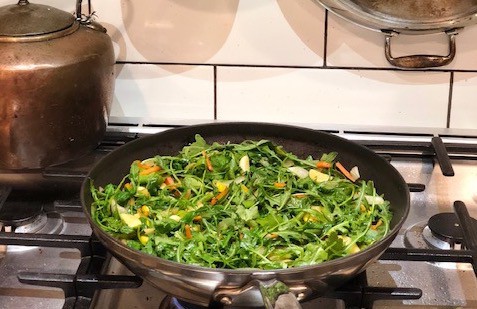


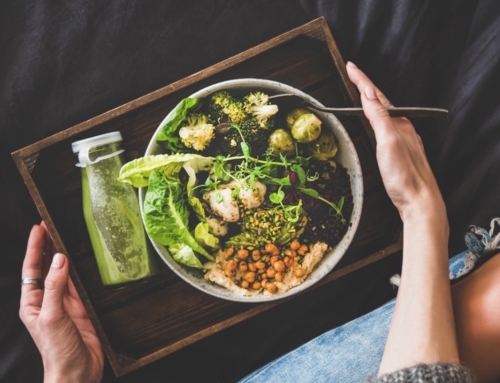

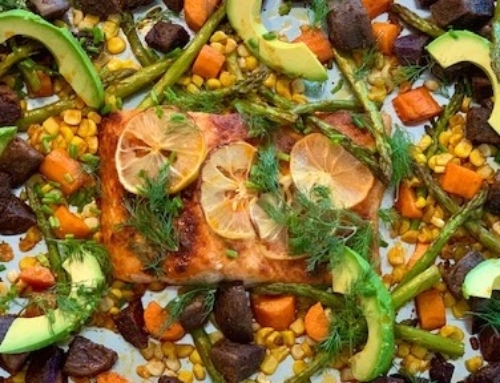
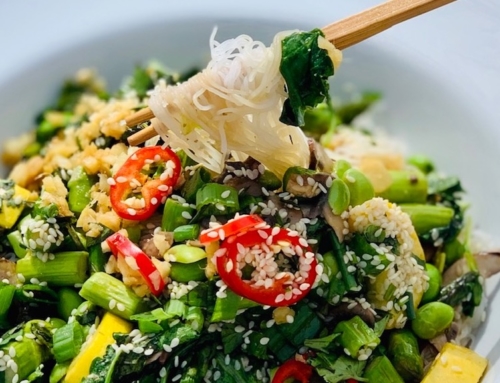
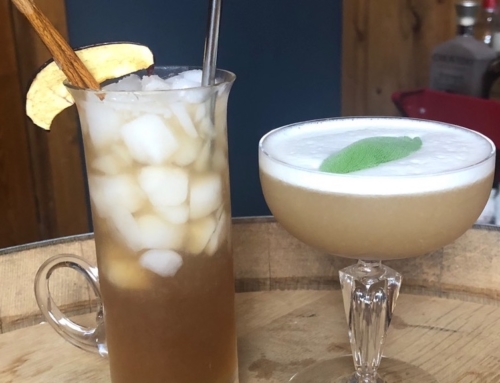

Leave A Comment